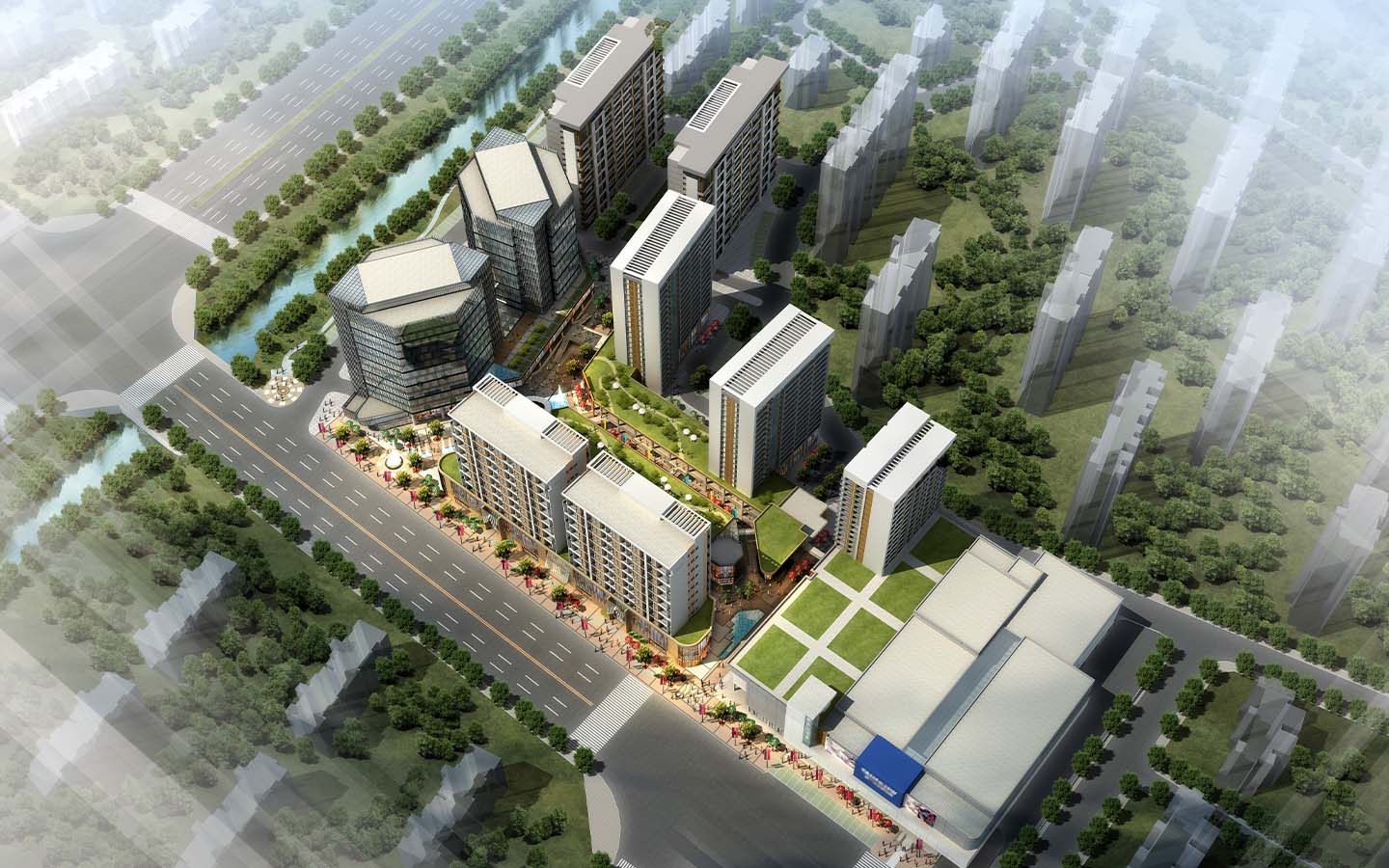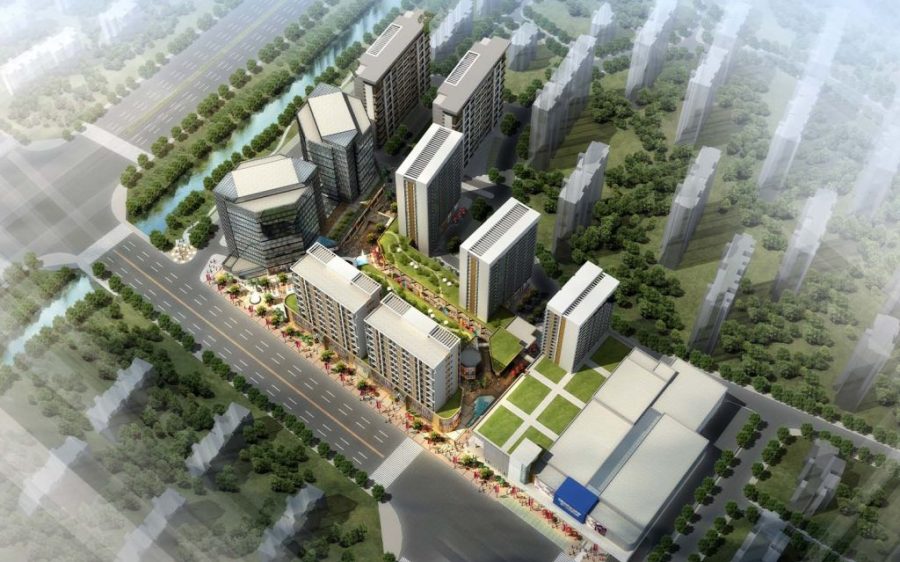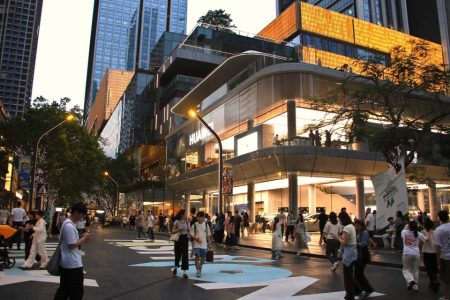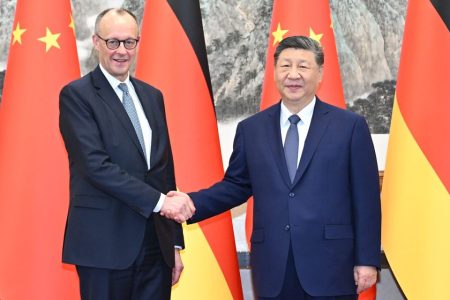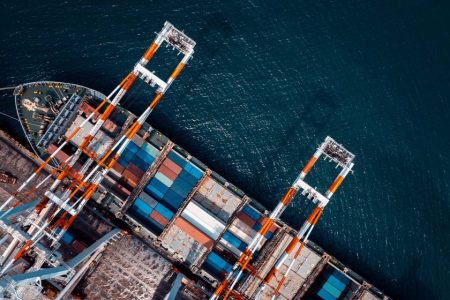Architects and urban planners nationwide are in mourning following the death of 62-year-old landscape architect Yu Kongjian.
Yu, the dean and founder of Peking University’s College of Architecture and Landscape, was globally recognised for his pioneering “sponge city” concept. He was killed in a plane crash in Brazil’s Pantanal wetlands on Tuesday while filming a documentary.
According to the Associated Press (AP), the accident occurred during a landing attempt at a large farm, approximately 100 kilometres from Aquidauana in Mato Grosso do Sul state. Yu was travelling with two Brazilian documentary makers, Luiz Fernando Feres da Cunha Ferraz and Rubens Crispim Jr., and pilot Marcelo Pereira de Barros. All four perished in the crash.
Yu’s innovative “sponge cities” idea, widely adopted in Chinese urban planning, advocates for infrastructure designed to absorb, clean, and reuse rainwater, thereby mitigating flood risks and enhancing urban climates.
Brazil’s President Luiz Inácio Lula da Silva, praised Yu as a “global reference” for his work in uniting quality of life with environmental protection during times of climate change, AP said.
[See more: Macao academics discover links between climate change, health and urban planning]
Peking University’s obituary described Professor Yu’s passing as an “immense loss” to the university and the field of ecological landscape design. The obituary highlighted Yu’s dedication to fostering harmony between humanity and nature, a vision shaped by his childhood in Dongyu village, Zhejiang province.
China’s Foreign Ministry spokesman Guo Jiakun extended condolences to Yu’s family, with the Chinese embassy in Brazil offering assistance with post-crash arrangements, China Daily reported.
Yu’s efforts towards creating a “Beautiful China” and planetary healing earned him numerous accolades, including the International Federation of Landscape Architects’ highest honour, the Sir Geoffrey Jellicoe Award.
His work extended beyond China, with projects in countries such as Saudi Arabia and Thailand. He also criticised the reliance on European-imported infrastructure ideas in Asia, which he believed were ill-suited to the monsoon climate.
